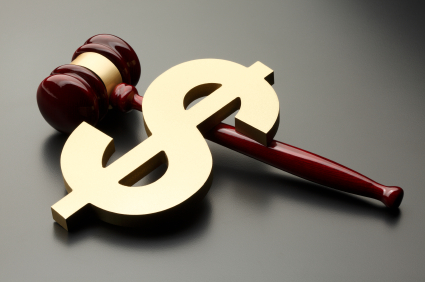
Chapter 7: A Liquidation Bankruptcy
The United States Bankruptcy Code offers help for those who are struggling with debt. Consumers, businesses, farmers, fishermen and others can take advantage of the protections offered by this code. The USBC is divided into “Chapters,” each of which covers a different type or purpose of bankruptcy and outlines the rules for each method. There are several types of bankruptcy available to consumers and businesses, but Chapter 7 is one of the most popular. Chapter 7 is also known as a “liquidation” bankruptcy because, for the most part, debtors turn over their assets to creditors for liquidation. Whatever portion of the debt is not covered by the assets is discharged, and debtors are free to move on with their lives without tremendous amounts of debt weighing them down. Chapter 7 bankruptcies rarely result in enough money from asset liquidation to pay all creditors, so unsecured creditors are often left with only pennies on the dollar or with nothing at all.
Who Qualifies for Chapter 7 Bankruptcy?
According to 11 U.S.C. Sections 101(41) and 109(b), individuals and businesses may qualify for protection under Chapter 7 of the bankruptcy code. Anyone filing for Chapter 7 bankruptcy must undergo a “means test.” This means that the debtor must be able to show income low enough and debt within a certain range to meet the requirements of Chapter 7 bankruptcy. Currently, debtors who fall below the median income for their states automatically qualify, but those who make more than the median income must perform calculations to determine their eligibility. A bankruptcy attorney can help with this test.
What Happens During A Chapter 7 Bankruptcy?
If you qualify for Chapter 7 bankruptcy, you will be required to fill out a packet of information that lists all your debts, all your assets and your income. You will be asked to verify these numbers. Be sure that your information is complete and correct or you could face problems from the court. At best, your discharge will be delayed; at worst, you could be accused of fraud. Once the bankruptcy is filed, you receive a stay, which is a court order to your creditors to leave you alone. This stay remains in place until the discharge. If you believe a Chapter 7 bankruptcy might benefit you, talk to the attorneys at the Oswalt Law Group today. These attorneys have years of experience in helping debtors file for Chapter 7 bankruptcy and receive a successful discharge from their debts.
